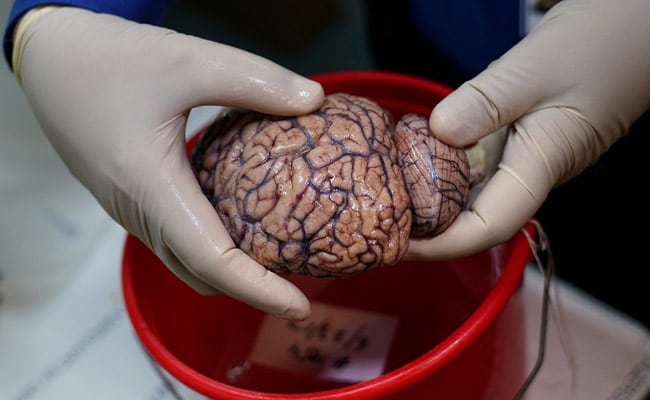
A team of researchers implanted small devices in specific areas of the brain.
Scientists have made “significant” progress in the field of reading people’s minds.according to new york post, California researchers were able to decipher participants’ thoughts into words with 79 percent accuracy. The device was developed by the T&C Chen Brain-Machine Interface Center at the California Institute of Technology and will help patients with speech and nonverbal disorders. These “voice decoders” act as brain-machine interfaces, capturing brain activity in our inner voices and translating it into language. This technology has become a hot topic for its high accuracy.
This research nature human behavior.
For the study, a team of researchers implanted small devices into specific areas of the brains of two participants. The device then reads the signals from the brain and translates them into text “in real time,” the study said.
Participants were asked to think of words such as “spoon,” “python,” and “battlefield.” These thoughts were translated in real time.
“We captured neural activity associated with internal speech, or words spoken in the mind without movement or vocal output,” the researchers said.
The device was able to decipher a variety of internal speech strategies, including reading words silently and visualizing the objects the words represent.
The region of the brain that the Caltech team used was the supramarginal gyrus, a key element in understanding and processing language.
The technology works according to the same principles as other brain-machine interface devices such as Elon Musk’s Neuralink.
In 2023, the University of Texas at Austin successfully used an artificial intelligence-powered decoder to accurately analyze human brain activity. This non-invasive procedure was performed through functional magnetic resonance imaging (fMRI) readings.

